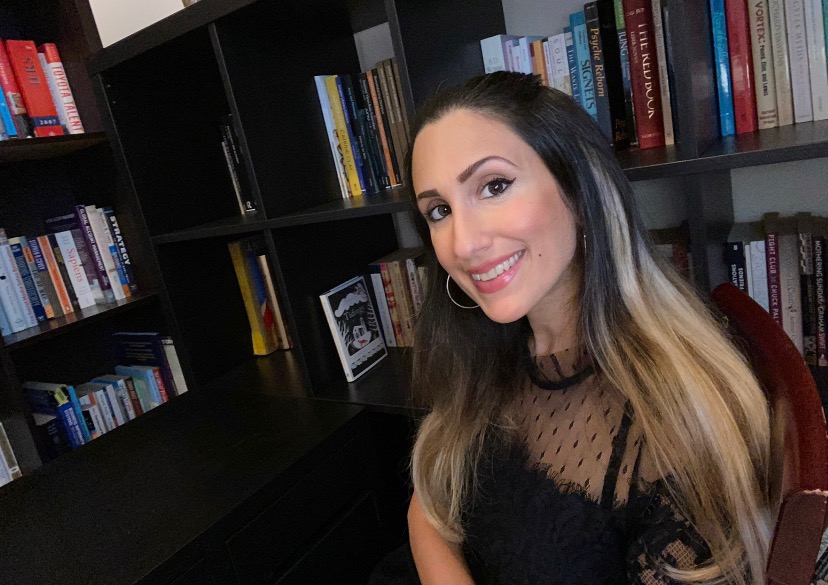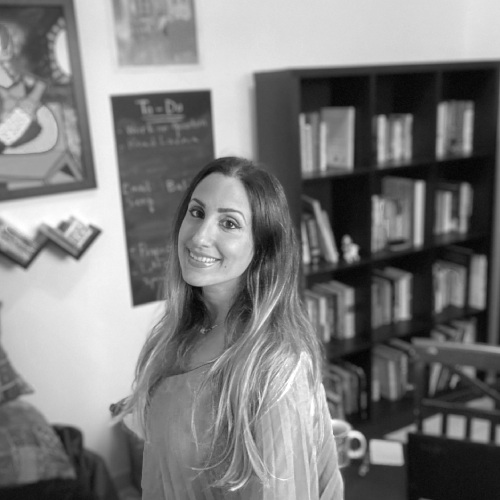We all have voices, wherever we are
An encounter with creative writer and scholar Roula-Maria Dib (PhD, Leeds), assistant professor of English at the American University in Dubai, founder/editor-in-chief of Indelible, the university’s literary and arts journal, and creator of food blog Beyond Zucchini. A creative writer and scholar in the fields of literature and Jungian psychology, Dr. Dib poems, essays, and articles have appeared in several journals. She is the author of Jungian Metaphor in Modernist Literature (Routledge, 2020) and Simply Being (Chiron, 2021). The themes that pervade her poetry usually revolve around different aspects of human nature, ekphrasis, surrealism, and mythology.
Arleb by Nabad – What is, according to you, the impact of the Beirut blast, the socio-economic crisis, and the pandemic crisis in Lebanon on local arts and culture?
Roula-Maria Dib – I believe that the need to articulate pain, deprivation, frustration, and suffering does indeed impact the amount—and of course, type—of artistic expression. It’s the empirical expression of the spirit at a time of spiritual repression, among many other types of oppression. The Lebanese local arts and culture extend beyond the geographical boundaries of Lebanon, as artists in diaspora are also engaging in more work, oftentimes bonding together through art (and Zoom) to try to connect with one another unified by sharing the same pain, each expressing it in his or her own way. As a poet living away from my native country, I find my works to be tesserae of memories and nostalgic in theme; and as the editor of literary and arts journal Indelible, I have also received a rather significant influx of art, fiction, and poetry about Lebanon from artists living in different corners of the globe. I believe this has opened a new genre similar to that of an ancestral generation of interwar poets, or modernists. I see the phase that the world is going through at the moment as “the second wave of modernism.” Artists all want to “make it new”, drawing, writing, singing, and rendering change.
Arleb by Nabad – How do you think Lebanese artists will or should face this multiform crisis, and what are the new challenges that are ahead of them?
Roula-Maria Dib – I believe that art as a medium of communication also has the power of communion, so channeling our ordeals creatively and artistically brings us closer to one another, which is of absolute importance; the biggest challenge right now is the threat of being divided, the threat of enmity among people of the same culture who are actually sharing the same pain. Artistic expression is a translation of the human experience, and it joins us in a way that if we share and discuss our work together, we can see and feel the experience that unites us. It helps us focus on what is in the human soul rather than theories, conspiracies, and political biases.
Arleb by Nabad – What are, according to you, the mid-term and long-term solutions to this crisis?
Roula-Maria Dib – The solution is a collective change—the people as well as the politics, because the former is what creates the latter. And change comes from within. We all need to delve deeper into what makes us human and to understand that we are not as helpless as we are made to perceive ourselves. And you begin to see things clearly with reflection, expression, and emotional discharging through art. The biggest form of extinction is when your culture is stolen. It can make you forget who you are, but with art, culture is a continuum. We all have voices, wherever we are, and we can help sustain our culture if we sustain ourselves, through art. We can sing, sketch, paint, write, cook, and dance our existence into being. At the end of the day, this is who we are. Politics change (hopefully), but art evolves.

Arleb by Nabad – What kind of support according to you is needed for artists, poets and authors to sustain and pursue their work in Lebanon?
Roula-Maria Dib – Firstly, artists need encouragement and support from one another. Monetary funding is also important, but that is not the only form of support (plus, not all forms of art require that); however, every artist needs encouragement, acknowledgement, and the opportunity to share, showcase, and discuss his or her work, so it is very important to build and be part of an art community. Artists need channels where they can get together, even virtually, so online events are a good way to get their voices out—even after the pandemic, because cyberspace can grant a wider audience. Art communities can also help generate funding for artists. For example, if their art can be sold (such as paintings, crafts, or artisan food), then perhaps they can make use of online platforms to do so.
Arleb by Nabad – What specific roles do arts and culture play in cultural resistance/resilience in Lebanon?
Roula-Maria Dib – Art is indelible—words stick, images form our thoughts forever, and music lingers. Anything that stays shows that we are here to stay, too. Art is also a contagious eye-opener, which is important for the spreading of awareness. It speaks to us much more easily than the language of politicians. It’s the language of the soul, the one language that joins us together. Art also teaches us patience, which is needed to be able to complete our artefacts. It teaches us the possibility of materializing our visions and achieving our dreams—because every painting, poem, or pottery vase starts out as an idea, a visualization in our mind’s eye. It also shows us, most importantly, that chaos is creative, that something beautiful can result out of a messy rubble—after all, art is also a refinement process, an alchemy where gold is the end product of base metals and filth. As medieval alchemists said, “In sterquiliniis invenitur”, or “in filth it shall be found”.
Arleb by Nabad – What is your outlook for the future? Where do you think we are heading regarding developments in art, politics, and cultural resistance/resilience?
Roula-Maria Dib – I mean, it’s still quite dark—the darkest of times actually—but I choose to be an optimist. Everything is cyclical in nature, and some cycles take more time to complete than others. But we have enough proof of the cyclic nature of our cosmos: sunrise and sunset, rises and falls of empires, moon phases, etc. And we know there is always a new dawn, so we need to hold onto our faith, hope, and resilience until we see the light at the end of the tunnel. Hopefully, if we are in the darkest of our times, it cannot get any darker. In contemplating our mythology, we know the phoenix rises from the ashes. In looking at our cultural treasures of history and faith, we know that Jesus has truly risen. So yes, we are heading through better times, and patience and faith are the best tools for resilience. But change is a huge responsibility on all of us, and it will not happen unless we avoid ignorance, steer clear of brainwashing, and stop supporting corruption. We need to stand together, and I believe art will play a huge role in spreading this message, as artists build awareness, bonding, and focus among their people.
Arleb by Nabad – Finally, what is your message to the emerging and marginalized artists, poets and authors in Lebanon?
Roula-Maria Dib – To hold on tight. To be brave and patient. And to keep dreaming a better future into the world the way you encourage a painting or a poem into existence. And above all, express yourselves.

